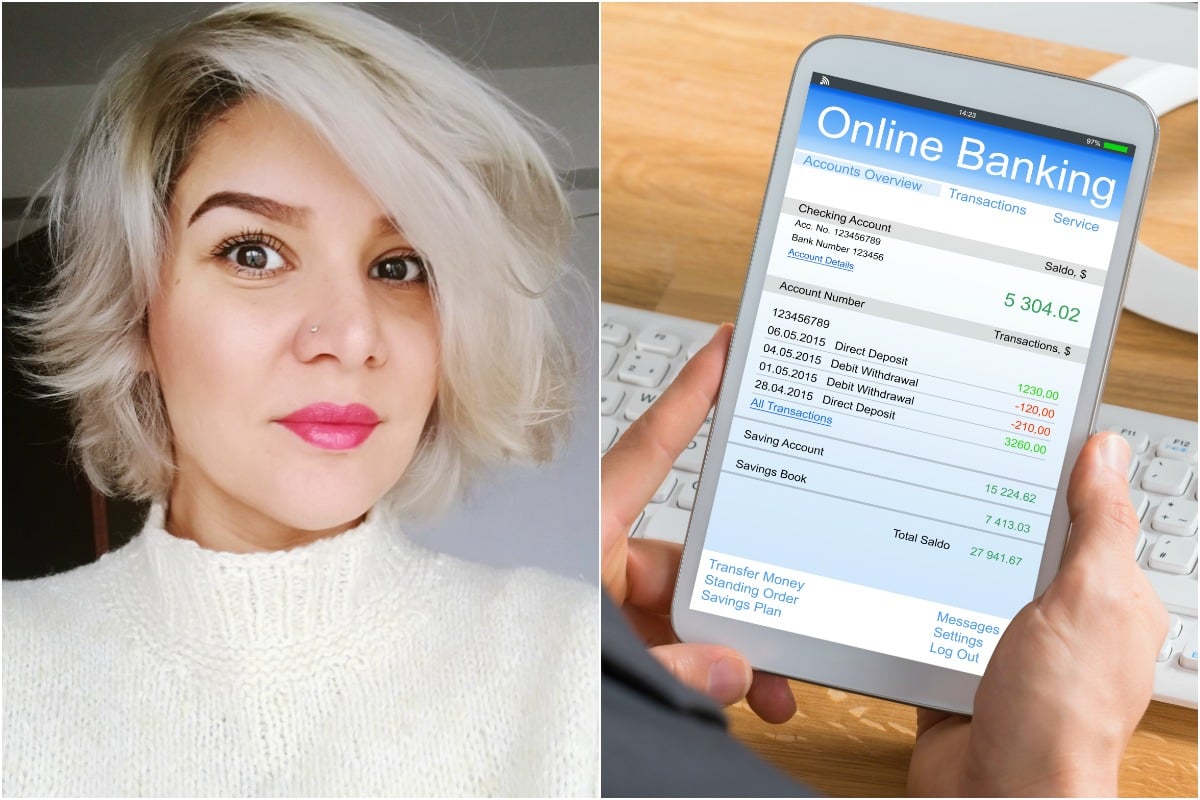
So, you're thinking about buying your first property. Congratulations! That's a seriously big deal.
As you're probably well aware, there's a lot that comes before finding your dream place, putting in an offer and (hopefully) securing it, starting with some serious questions you need to ask yourself.
Matt Spooner, Founder and Buyer's Agent at Buyer's Market Sydney, spoke to Mamamia about the exact questions you need to consider before buying your first home. Here's what he told us.
But first, watch how to budget with a banana. Post continues below.
1. Are your finances in order?
Before you even begin looking at houses or apartments, you need to get your finances sorted.
As Matt explains, most people will need to borrow money to purchase a property, so it's a good idea to speak to an expert. They will walk you through your financial position and answer any questions you have about entering the property market for the first time.
“In the early stages, I'd recommend meeting with a savvy mortgage broker, who can give you a good understanding of your financial position, and let you know exactly how much you can afford to make a purchase for,” he advises.
“This broker should be someone you can trust, and you feel comfortable working alongside. A good mortgage broker will always take the time to clearly explain concepts to you, and make sure you are comfortable before proceeding with any finance applications.”